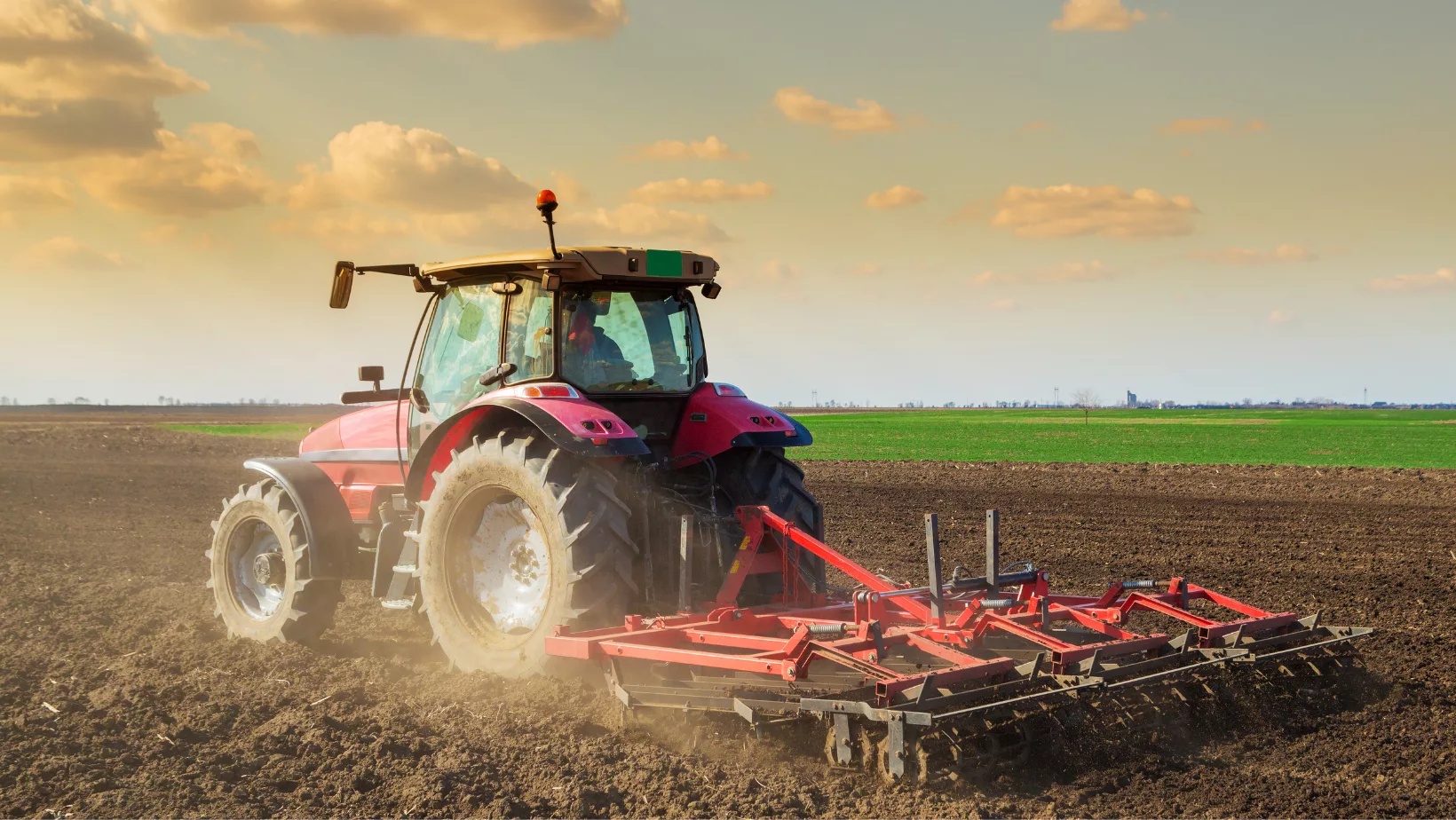
3 Life Insurance Options to Secure Your Farm
The following information is provided by Nationwide®, the #1 farm and ranch insurer in the U.S.*
Life insurance can protect your family and your business in more ways than you might think. If you’re a beginning farmer, it can provide your family with financial stability in your absence. It is also instrumental in helping your farm continue after illness, retirement or if you pass away. It can even help provide needed funds should something happen to one of your operation’s most valuable employees. Here are three examples of how the right life insurance coverage can protect you:
1. Term policies can help beginning farmers
If you’re younger or just beginning your farm, you’ve likely taken on some debt… maybe even a hefty amount of it. After covering your family’s living expenses and paying on your farm’s debt, there may not be much left over in your family’s bank account.
That challenge is exactly why term insurance is so important. Term policies provide life insurance coverage at the lowest cost and can help your family cover your personal or business debts. It can also create an emergency cash fund or provide needed financial support while your family gets back on their feet.
“As a farmer just getting started, you may have incurred personal debt in order to finance the growth of your farm. This debt has a life of its own and will survive your premature passing. This debt means that less of your assets will be available to support your loved ones,” according to Nationwide Advanced Consulting Group DirectorSteve Hamilton. “A level term life insurance policy that protects your family through the life of your loan is an easy and cost-effective way to help make sure your debt does not burden your loved ones after your passing.”
2. Universal life policies for established farmers
If you’re a more established farmer with a higher-value operation, there’s an additional benefit that can come with a permanent life insurance policy. Whether you’re concerned about protecting your family or your savings, universal life policies can provide:
- Permanent death benefit protection
- Income tax-free death benefits for your family
- Additional source of savings with tax benefits
- Source of tax-free supplemental income in retirement
3. A survivorship life policy for the future of your farm
When planning the future of your operation, the right life insurance policy can help ease the financial pains of transitioning the farm. A survivorship life insurance policy is an option to consider.
“A buyout of your farm funded with a survivorship life insurance policy can ensure that your farm’s successors have the funds to purchase your operation or that your spouse and children that may not work the farm receive the financial benefits of your life’s work,” Hamilton added. “Even if the next generation is not your successor, a buyout funded with life insurance amongst future or current co-owners can help the farm continue operating while your family is financially taken care of.
”If you’re interested in exploring your life insurance options to secure your family’s or your farm’s financial future, don’t wait.Get connected to a financial specialist who can help protect your farm, family and future by visiting Nationwide.com/YourLand.
*A.M. Best Market Share Report 2020. Products underwritten by Nationwide Mutual Insurance Company and Affiliated Companies. Not all Nationwide affiliated companies are mutual companies, and not all Nationwide members are insured by a mutual company. Subject to underwriting guidelines, review and approval. Products and discounts not available to all persons in all states. Nationwide Investment Services Corporation, member FINRA. Nationwide, the Nationwide N and Eagle and Nationwide is on your side are service marks of Nationwide Mutual Insurance Company. ©2021 Nationwide


